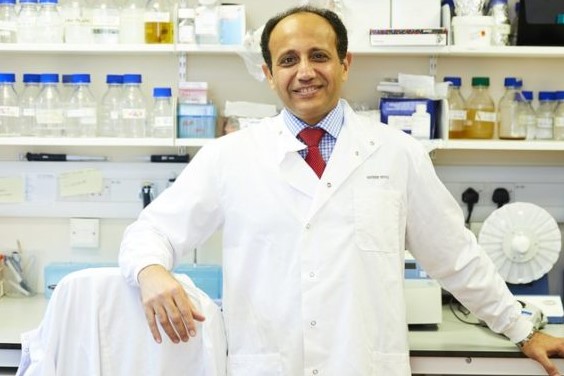Led by Professor Ahmed Ahmed, Professor Christian Becker, and Professor Katy Vincent
There is a real need for improved detection and outcomes of conditions that uniquely affect women, such as endometriosis and ovarian cancer, and to consider how outcomes of surgical treatments differ between women and men.
This sub-theme will also support the other sub-themes in assessing and optimising sex-specific outcomes.
Endometriosis

Oxford is a British Society for Gynaecological Endoscopy (BSGE)-accredited national centre for the diagnosis and treatment of endometriosis, with a world-leading research programme. Read more about Endometriosis CaRe Oxford .
We will use novel preoperative neuroimaging technology to identify those women most likely to benefit from surgery, focussing on procedures with a high risk of associated morbidity.
We will also test maraciclatide, a novel radio-imaging agent, as a non-invasive pre-surgical imaging diagnostic in peritoneal endometriosis to inform surgical decision making. It is not currently possible to use imaging to diagnose peritoneal endometriosis, the most common form of the condition. Maraciclatide has given extremely promising results in showing vascularisation – growing blood vessels to improve oxygen and nutrient supply – in rheumatoid inflammation.
Ovarian Cancer
Oxford is also developing immunotherapy for ovarian cancer, the female-specific cancer with the lowest survival rate due to minimal residual disease (MRD) after treatment.
We will assess whether tumour-initiating cells are representative of MRD through molecular characterisation and work out whether adoptive tumour-infiltrating lymphocyte therapy is safe and effective in targeting MRD.

Read more about Professor Ahmed Ahmed’s work to categorise ovarian cancers.